Dhaka, Dec 08 (V7N) – In a significant move, the government has announced plans to transition 2,515 more schools to a single-shift system in January, aiming to phase out the current double-shift model gradually. This initiative is part of the 4th Primary Education Development Program, which seeks to convert half of all double-shift schools to single-shift by June 2025. Remaining schools will be addressed under the next phase of the program.
Farid Ahmed, Secretary of the Ministry of Primary and Mass Education, emphasized that the shift will ensure equitable access to quality education. The double-shift system, which divides the school day into shorter sessions, has long been criticized for reducing learning hours and contributing to educational disparities.
Currently, only 19% of the 65,567 government primary schools in the country operate on a single shift, leaving over 10 million students in double-shift schools. Recent data from the Annual Primary School Census 2023 highlights incremental progress, with single-shift schools increasing from 14% in 2019 to 17% in 2022.
However, double-shift schools continue to face challenges. Students attending such schools lose a significant number of learning hours annually, particularly in Classes 1 and 2, where the reduction is around 137 hours, and in Classes 3 to 5, where it reaches up to 515 hours. Teachers are also burdened with shortened class periods, often struggling to complete the curriculum or provide individual attention to students.
The transition to single-shift schools will require substantial improvements in infrastructure, recruitment of additional teachers, and allocation of resources, particularly in rural areas where the demand for education exceeds available facilities. Education experts stress that without addressing these fundamental challenges, the plan may fail to achieve its desired outcomes.
Bangladesh’s educational system also falls behind global benchmarks. For instance, primary students in India receive over 1,270 instructional hours annually compared to the 800–1,000 hours offered in Bangladesh’s double-shift schools.
Despite these challenges, the government remains committed to the initiative, which is seen as a vital step toward ensuring better educational outcomes and reducing disparities. Long-term investments in infrastructure, teacher training, and curriculum reform will be essential to the success of this ambitious plan.
END/MSS/AJ/HoN



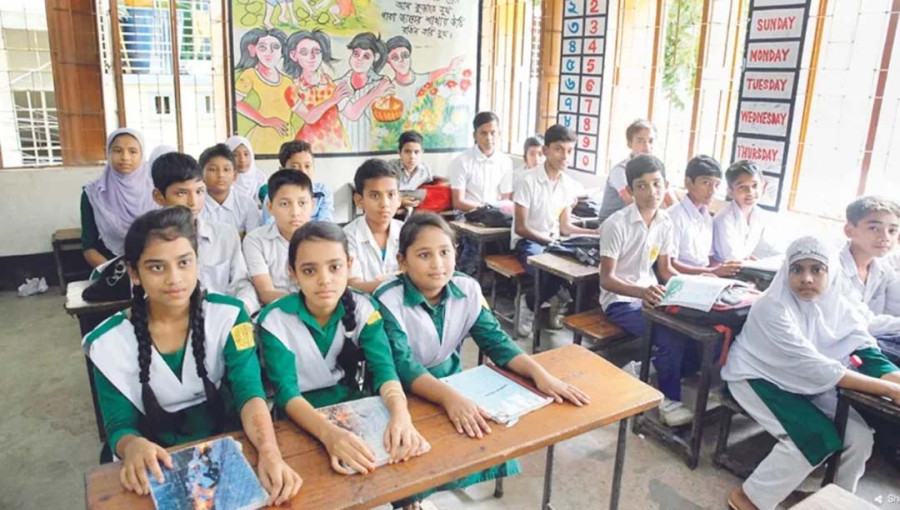
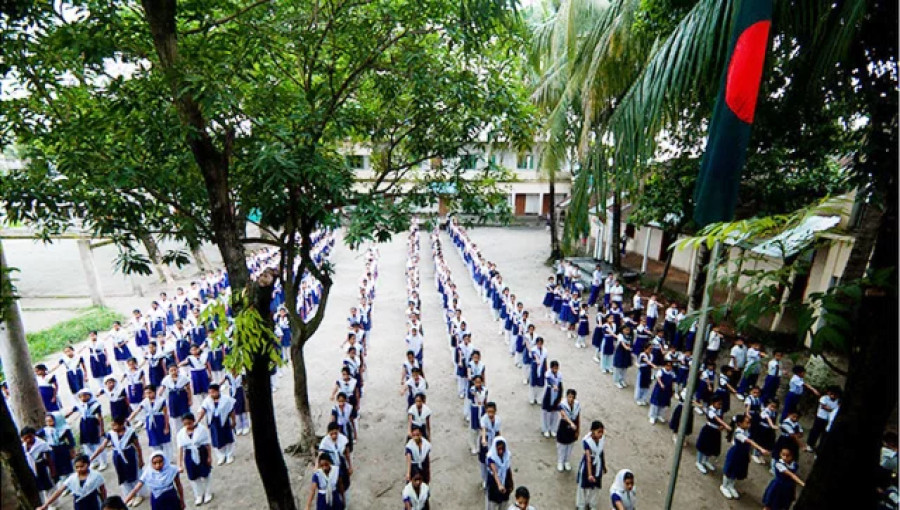

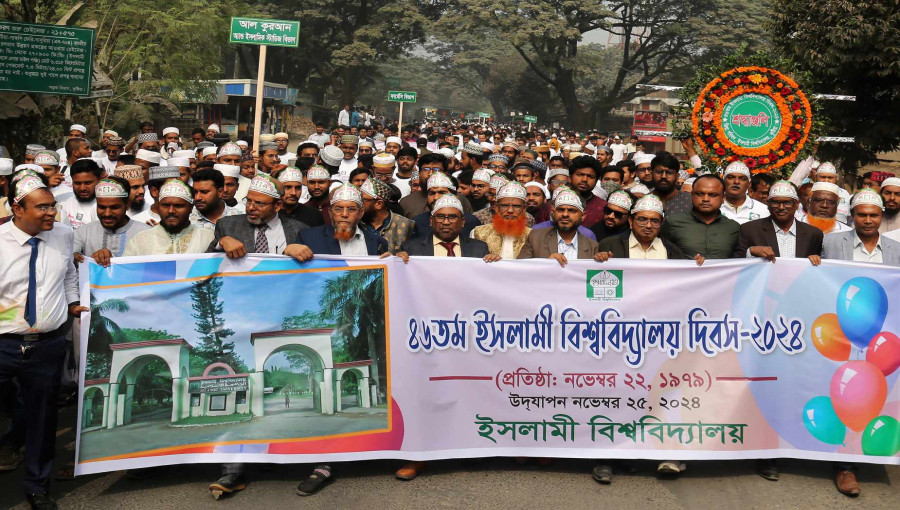
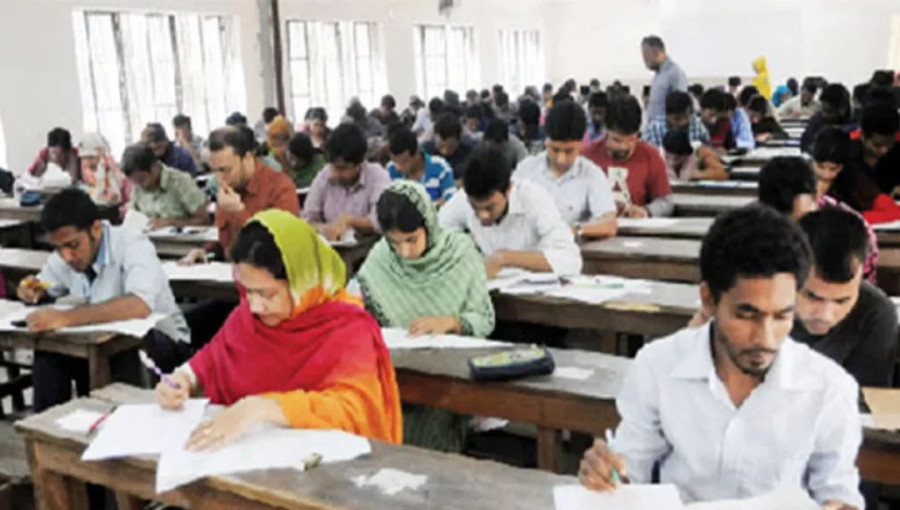

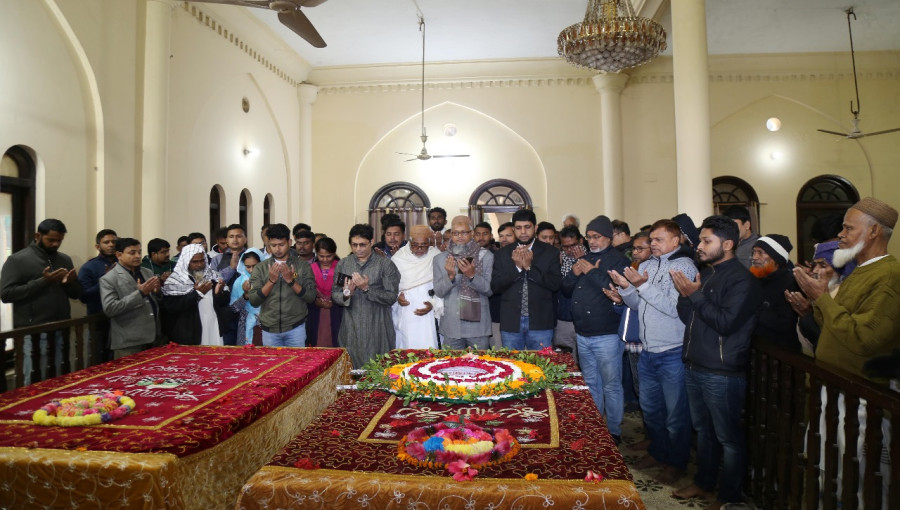
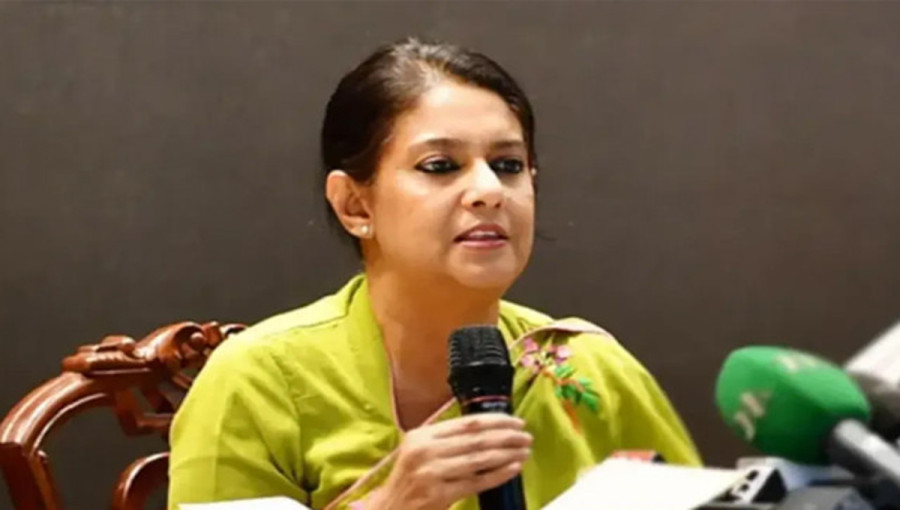
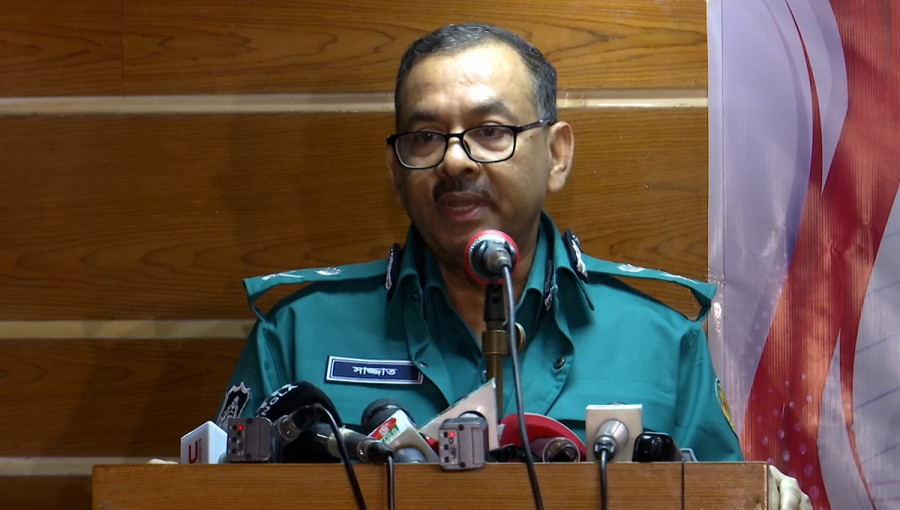
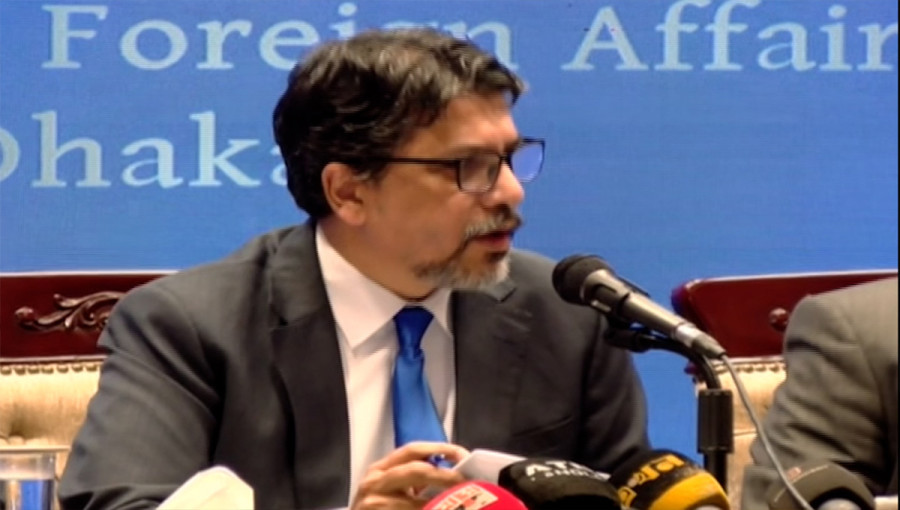
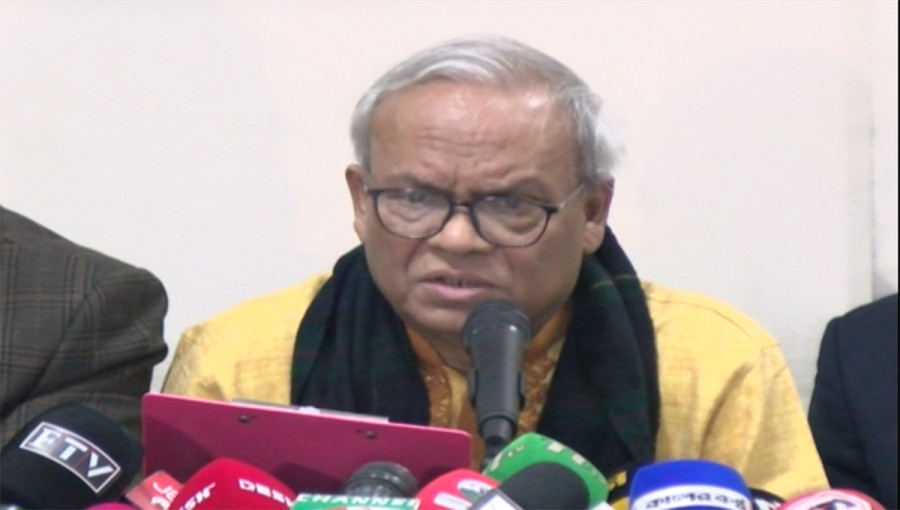
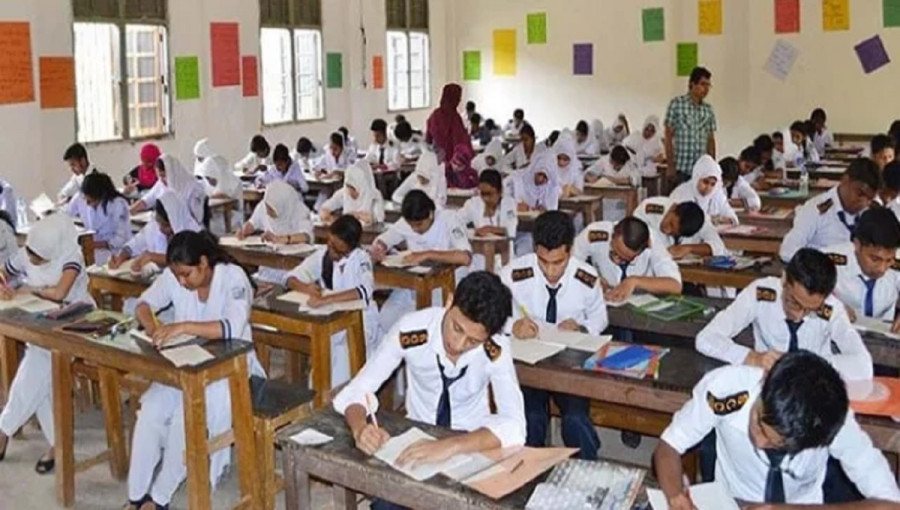





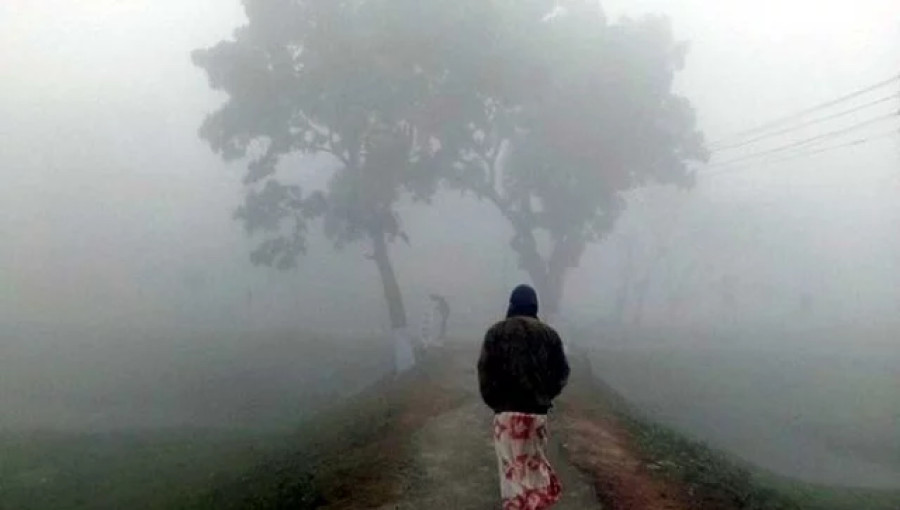







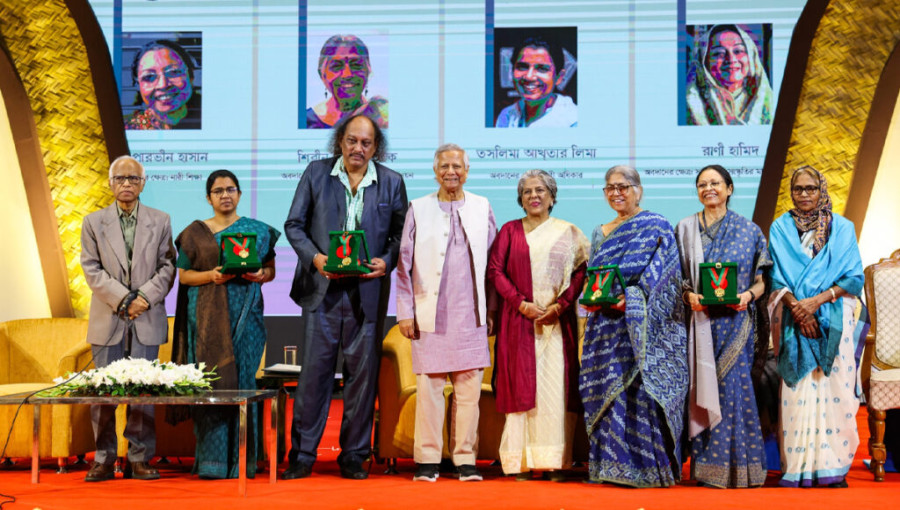
Comment: